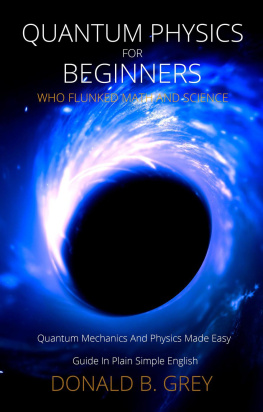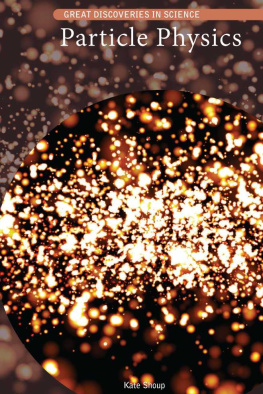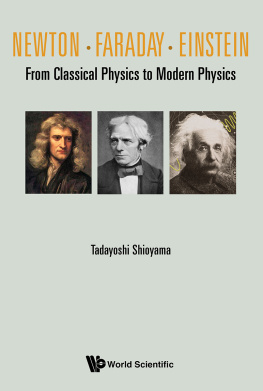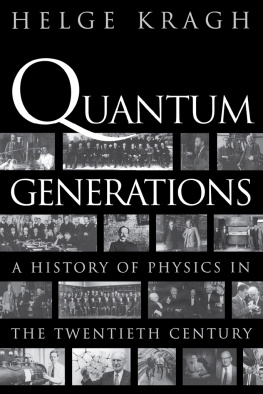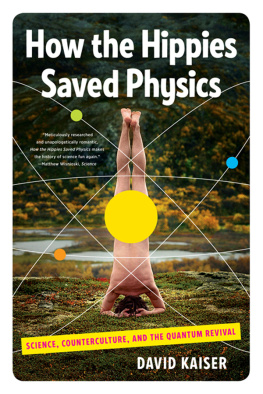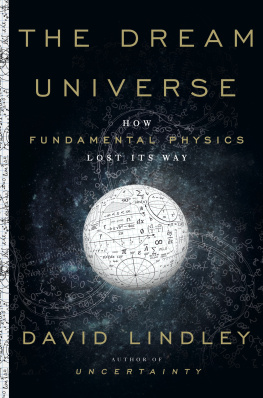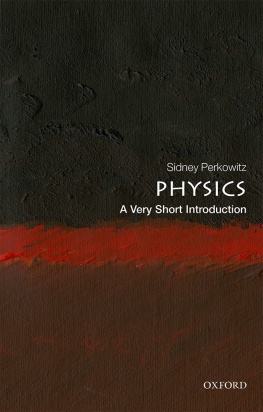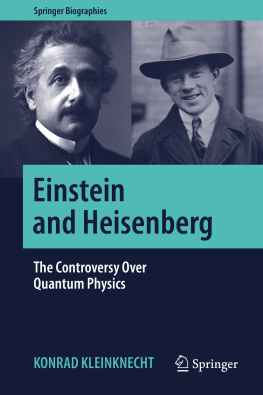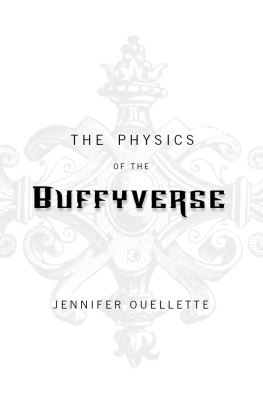Science Slept
Sixteen Centuries
and
What it achieved When it Woke:
From Greek Science to Quantum Systems
Allan Karson
An Introduction to the Science of Physics
with
A Conceptual and Historical Approach as Contrasted to a Mathematical Approach
Copyright Allan Karson
Layout Copyright 2016 Creativia
Published 2016 by Creativia
eBook design by Creativia (http://www.creativia.org )
Cover art by http://www.thecovercollection.com
All rights reserved. No part of this book may be reproduced or transmitted in any form or by any means, electronic or mechanical, including photocopying, recording, or by any information storage and retrieval system, without the author's permission.
Copyright applied for by Allan Karson,
July 17, 2013 -583155331.
No part of this book may be reproduced in any form or by any means without the written permission of the author.
Edition, July 2013
Latest, present Edition: February 21, 2016
Table of Contents
A Note for the Reader
I wrote this book for three classes of readers: First, the person who is a beginner in physicsto introduce that person to the many fascinating topics in physics and its histories. If you are such a person, consider this to be your first date with The World of Physics . Also, I wrote it for:
The person who has taken one or two or more physics courses in high school or collegebut may not know of the numerous other physics topics and histories that were not discussed in those courses, and
High school or college students who have not yet taken a physics coursebut who first want to learn what physics is all about.
The book is not written as a textbook; it is a standard reading book. It does contain some equations, such as those that deal with fundamental, exciting issues, such as Newtons definition of Gravity and Einsteins incredible findings about light, as expressed in his Special Theory of Relativity. But such equations are always explained in straightforward English, and are accompanied by simple examples.
An important feature of this book is that the history of the Western World provides the roadmap for the presentation of physics historyand it starts with the Ancient Greeks. I also believe that all the topics are presented clearly and you will find reading it to be an enjoyable, informative and stimulating experience.
More than sixty source books were used to help me write the book. These are listed at the end of the book and classified according to the books appropriateness for the reader: Beginner, Intermediate or Advanced.
The book starts by explaining the history of what caused science to sleep for sixteen centuries and how that Big Sleep has affected us, now, in the 21st Century. This is shown in a list of specific items that might have been solved by now, in the 21 st Century, had we not had that Big Sleep.
The book then concentrates on two classes of physics disciplines:
1. Those that are fundamental to our understanding our world and underlie many past and current issues in physics, such as Thermodynamics, the four Basic Forces in the Universeand the event that started it all, known as the Big Bang;
2. Those topics that are current in physics and will have a significant role in the 21 st Century, such as Quantum Mechanics. As an aside, I predict that the Quantum Age will replace the current Electronic Agein computers, communication, portable devices, plus many applications that are unpredictable.
The book also describes the histories of some of the women and men with whom you may or may not be familiar. To name only a few, in chronological order: Copernicus, Galileo Galilei, Isaac Newton, Ludwig Boltzmann, Max Planck, Albert Einstein, Karl Schwarzschild, Niels Bohr, Henrietta Leavitt, Erwin Schrdinger, Werner Heisenberg, Lise Meitner, George Gamow and Stephan Hawking.
Also, Ive concentrated on providing an idea of What Physics is all about. To do that, the book describes some of the more important topics in physics such as:
The expanding Universe with its Planets and Stars
General Relativity, String Theory, Dimensions (more than four), and
Seventeen appendices that contain special topics and short histories, such as: What actually occurred between Copernicus, Galileo and the Church of Rome.
After you have read this book, you should be more at ease when you read a newspaper or magazine article about physics, watch a physics presentation on TV, or browse physics topics on the Web.
I hope you find this exploration of the world of physics to be informative, interesting and stimulating.
Sincerely,
Allan Karson
The Author
Allan Karson earned a bachelors degree in electrical engineering from the City College of New York in 1951 and a masters degree from Columbia University in 1956, also in electrical engineering,
He entered the electronics industry in 1951 and within only a few years attained high-level technical and executive positions in electronic technology-based corporations. Some were small corporations; some were very large. These were the type of corporations that spurred the United States and the worlds growth in the last half of the Twentieth Century.
Allan often had the responsibility for the development of large computer-based systems. These were for a wide range of applications: U.S. military systems, worldwide communication systems and commercial industrial systems. His executive positions were located in the Northeast U.S. and Paris, France.
After leaving the industrial and technical industry in 2000, he concentrated on learning about the world of physicsto the point where his occupation is now physics writer. He achieved this by studying books written by physicists that described their theories, plus scientific biographies of physicists and mathematicians. A list of some of those books is located at the end of this book under the title, Sources: Physics, Mathematics and Cosmology.
He continues his physics self-study program by continuing to read books of the genre described above, and attending physics colloquia at his alma maters .
TwoRemembrances From My Undergraduate Years at the City College of New York
1. The authors belated wish:
My professor of English literature at the City College of New York dressed and looked very English, and he spoke in a plummy way (i.e., in a way typical of the English upper classes.) He would frequently remind us, He who does not know Shakespeare and the Greek tragedies is not a fully educated person.
After taking my undergraduate courses in physics and mathematics, I would have wanted to say to him, He who does not know physics and mathematics is not a fully educated personand is missing out on so many wondrous concepts and ideas that exist in the world around us.
2. An anecdote of what occurred in my physics course on electromagnetism at the City College of New York.
In electromagnetism, there are two forces that are similar but subtly different. They are referred to as B, (representing magnetic flux), and H, (representing magnetic force). They both are fundamental to the study of electromagnetism.
The professor devoted a complete lesson to a description of these two. Toward the end of the lesson he realized that many of the students were still confused over their differences. He then interrupted his lesson and told us what happened to him when he first learned about B and H in his undergraduate class.
Our professor explained the differencesand explained them again, very clearly. But we just could not fully understand the differences. We felt like dummies. A day or two later, when we were all in study hall, our professor came in hurriedly and said that we must all immediately come into the class room, announcing, Come in, at last I fully understand the difference between B and H.
Next page

